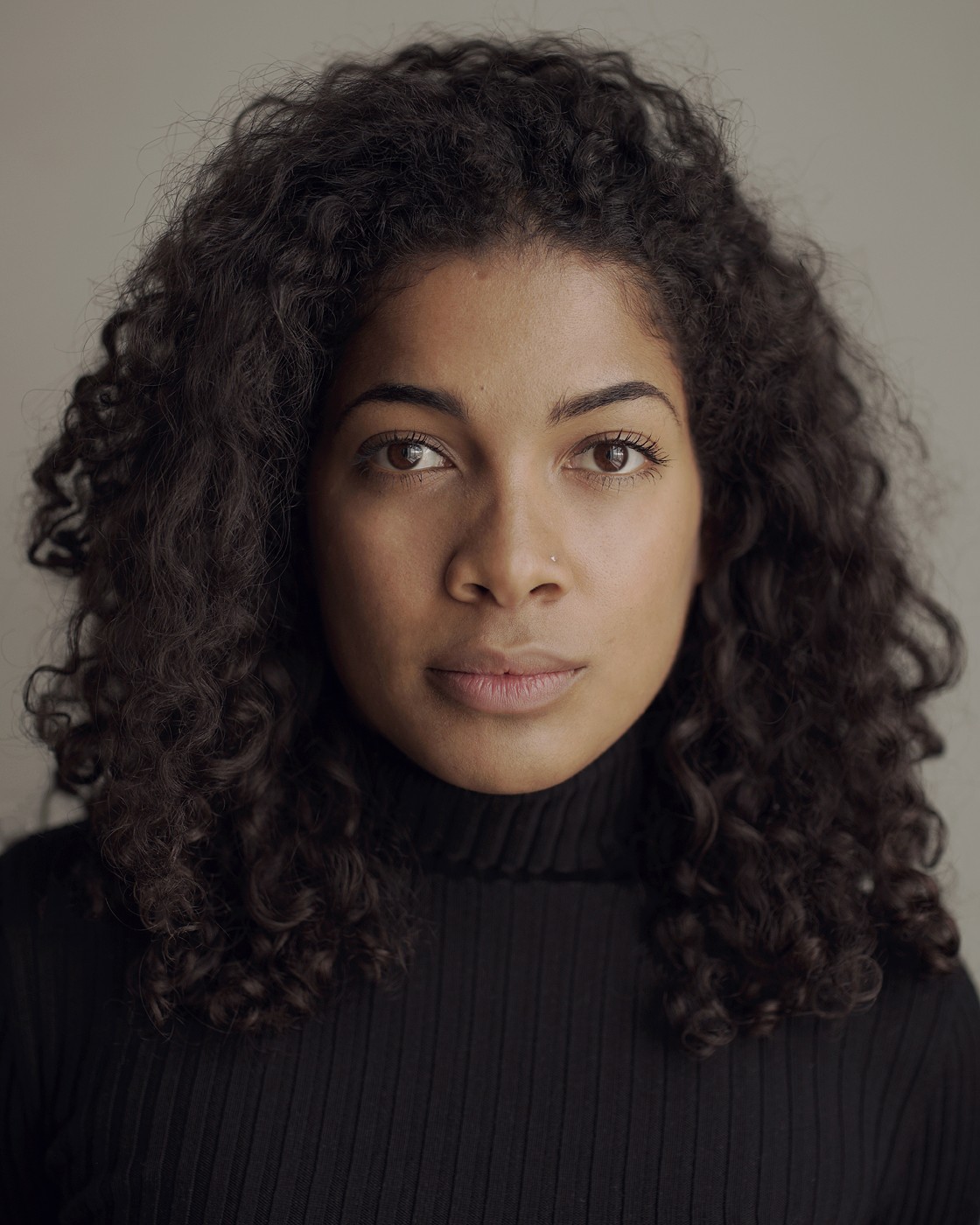How Coram Shakespeare Schools Foundation linked a family in Ghana with the House of Lords

Photo: Phil Sharp
Trained at the National Youth Theatre, Rebekah Murrell has developed a successful career both on and off stage. Murrell made her directorial debut at Theatre503 with J’Ouvert by Yasmin Joseph, which won the 2020 James Tait Black Prize and which she restaged in the West End this year as part of Sonia Friedman Productions’ RE:EMERGE season. Murrell starred in The Globe’s 2021 summer season, playing Juliet Capulet in Ola Ince’s acclaimed production of Shakespeare's Romeo and Juliet opposite Coram Shakespeare Schools Foundation patron, Alfred Enoch.
When did you decide to become an actor, what helped you?
I dipped my toe in as a teen – I always loved my after school drama club and then was lucky to be cast in a CBBC show after attending open castings. Then I left the industry and worked in the charity sector until I saw a play at the Kiln Theatre called The House That Will Not Stand. It had powerhouse performances from an almost all Black female cast that blew my mind and introduced me to a really interesting part of history I had no idea about – it was set in Louisiana in the 1850s and showed a slice of history that centred and empowered Black and mixed women. I was enthralled. From there I joined the young company at the theatre and it was people I met there who helped me realise I wanted to be an actor.
What is your favourite Shakespeare play and character – why? I’m most drawn to characters like Lady Macbeth, Cleopatra, Shylock – I’m really interested in the characters who are deeply flawed and how Shakespeare so brilliantly makes us empathise with them, and complicates any straightforward notion of ‘goodies and baddies’. I like the plays and characters which force us to see the humanity of the most wretched, like the gnawing, life-transforming pain of losing a child behind Lady Macbeth’s ruthless ambition. Watching these characters has the capacity to make us better, more loving/accepting people, I think. But as for my fave play overall – well at the moment that’s definitely Romeo and Juliet!
How did you feel getting the call to play Juliet at The Globe? What has the process been like and what has been your favourite moment?
At first I couldn’t quite believe that I’d been offered it – I’ve never done Shakespeare before and in my recall audition which was on the Globe stage, there was a group of tourists having a tour of the Globe in there at the same time, so some of them were filming me doing my little rendition of Gallop Apace which was a pretty cringe experience!! So I didn’t think it had gone that well. So yes I was shocked. And then I had loads of questions – I wondered if I was right for the part, I wondered how we were going to make a Romeo and Juliet that mattered especially when there were so many productions of it on at the same time, I wondered how I was going to fill the Globe stage (such a gorgeous and unusual space to work in). But it’s cool working at the Globe because there are lots of amazing people like Tess Dignan who is the Head of Voice who works with us all to get our bodies ready to meet the hugeness of the stories we’re telling and the hugeness of the space we’re telling them in. And Dr Farrah Karim-Cooper who is the Head of Education who gave us loads of fascinating insight into the context in which the play was written (including the pandemic and lockdowns they were experiencing then!). And meeting the cast, I was immediately aware this was going to be something special: this company is really something else, something so phenomenal and unexpected, and everyone brings their own incredible truth to the production.
The process has been really unusual because two weeks into rehearsals in March 2020, the pandemic hit. Happily we were able to come back again this year after 15 months away, but it has meant we had to make a socially distanced production. That is strange especially for a story like Romeo and Juliet which is so physical and passionate, but weirdly I think it really works: the themes that we are exploring with this production – the epidemic of mental ill health in this country, particularly amongst teenagers – have only become more prevalent in society as a result of repeated lockdowns, and so the characters having to stay apart feels really relatable in a time where we haven’t been able to touch and get close.
To celebrate diversity in theatre, which Black actors, directors, writers would you like to spotlight and celebrate with our Coram Shakespeare Schools Foundation followers?
I mean... the list could go on forever! Here’s a handful of my faves:
Yasmin Joseph, writer of J’Ouvert and all-round hero. Your favourite writer’s new favourite writer.
Monique Touko, Abigail Sewell and Esme Allman, directors extraordinaires.
Shelley Maxwell, movement genius and choreography powerhouse, whose astonishing work can currently be seen in the new Bob Marley musical Get Up Stand Up.
Actors: recent RADA graduate Jordan Kouamé, Gabrielle Brooks (playing Rita Marley in Get Up Stand UpAnyebe Anteyi (recently in Foxes, a searing new play about queer Black British Caribbean men at Theatre503) and the always brilliant Sapphire Joy.
If you could go back in time, what advice would you give your young self?
I would tell my young self to take everything lightly, lightly, lightly. To focus on enjoying the present! And I would say: it’s never too late to do what you love.

